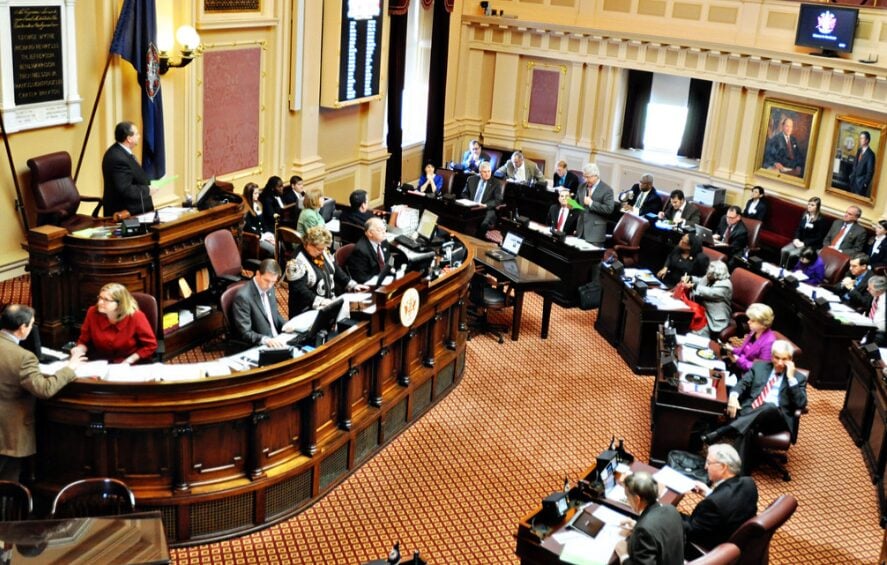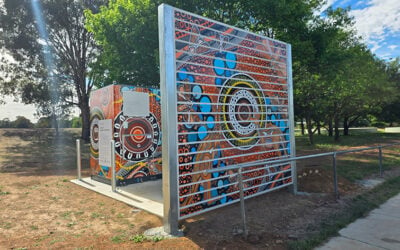
Governor of Virginia, US, Glenn Youngkin, has vetoed legislation aimed at raising energy storage targets in the state.
As reported by Energy-Storage.news in February of this year, the Virginia General Assembly passed HB2537, introduced by Richard C. “Rip” Sullivan, Jr., and SB1394, introduced by Lamont Bagby.
These bills intended to “Increase the targets for energy storage capacity that Appalachian Power and Dominion Energy are required to petition the State Corporation Commission for approval to construct, acquire, or procure and extends the time frame by which such capacity must be met.”
In the governor’s veto explanation, Youngkin states:
Try Premium for just $1
- Full premium access for the first month at only $1
- Converts to an annual rate after 30 days unless cancelled
- Cancel anytime during the trial period
Premium Benefits
- Expert industry analysis and interviews
- Digital access to PV Tech Power journal
- Exclusive event discounts
Or get the full Premium subscription right away
Or continue reading this article for free
“The Virginia Clean Economy Act (VCEA) is failing Virginians. Adding in requirements for the petitioning of additional storage technologies will not change the fact that the law is misguided and does not work.”
“Long-duration energy storage (LDES) is an expensive technology and if utilities believed it to be the best technology to meet demand, they would be actively seeking permission to build them.”
He further notes that Dominion Energy’s biennial rate and fuel case includes a request to increase monthly payments for residential customers’ bills by US$20 starting in January 2026.
The governors’ explanation for vetoing the legislation is interesting, considering that Dominion agreed to pilot the deployment of two iron-air batteries from Form Energy in 2023.
The legislation also allowed state regulators to adjust the higher storage targets based on their perceived level of achievability.
Additionally, a study from 2023 by the Joint Legislative Audit and Review Commission (JLARC) concluded that Virginia will need to deploy a ‘substantial’ amount of new power generation and transmission infrastructure to meet ‘even half’ of the demand that rapidly developing data centres will place on the state’s electric grid.
Youngkin cites this study in his veto explanation for HB1601, which had a goal of examining the potential impact of data centre sites on groundwater, agriculture, parks, historic sites, forestland and more before they could be built.
The governor vetoed this bill after the General Assembly rejected his amendments. “This bill limits local discretion and creates unnecessary red tape,” he said, highlighting the potential money that could be made from such sites.
In total, Youngkin announced 38 vetoes on 2 May.
Youngkin also vetoed bills that would have established a renewable energy workforce programme, increased the deployment of rooftop solar, created energy efficiency upgrades for low-income residents, and more.





